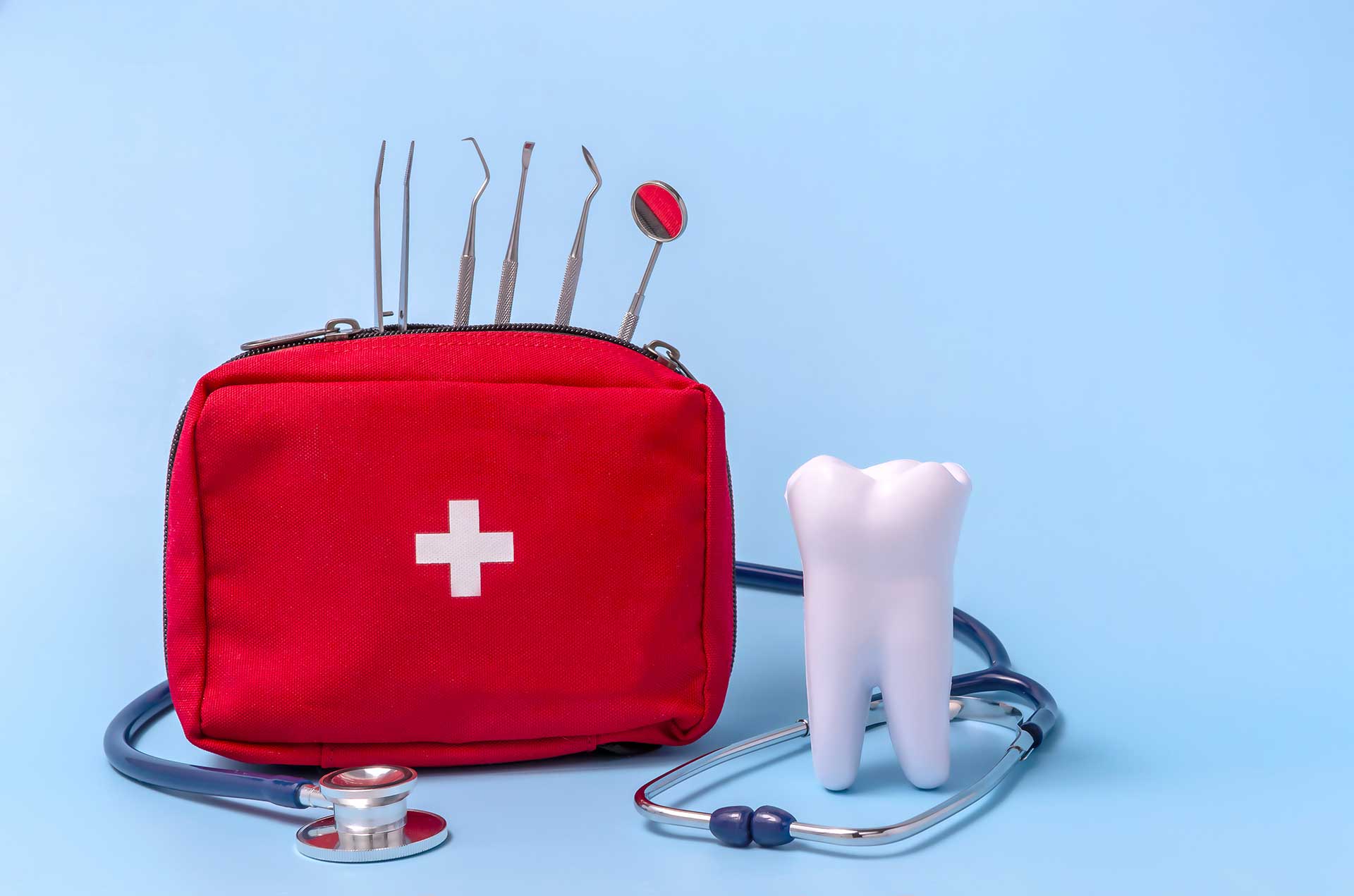Toothache, tooth fractures, or gum problems can arise suddenly and severely impact our quality of life. Emergency dentistry services provide quick and effective solutions for such unexpected situations. So, what are these services, and when should you seek them?
What is Emergency Dentistry?
Emergency dentistry is a branch of dental care that provides rapid intervention for sudden dental problems. These services aim to relieve pain, address trauma, or treat other urgent conditions. Emergency dentistry can be offered in both clinical settings and hospital emergency departments.
When Should You Seek Emergency Dentistry?
Various situations may require emergency dentistry, each with a different level of urgency. Some common emergency dental problems include:
- Severe Toothache: Toothache can be caused by tooth decay, infection, or gum disease. Severe toothache that does not respond to painkillers or lasts for more than a few hours requires immediate attention.
- Tooth Fracture or Avulsion: Tooth fractures or avulsion (complete dislodgment) due to sports injuries, accidents, or trauma require emergency treatment. Quick intervention is crucial for the reattachment of the tooth.
- Dental Abscess: A dental abscess is an infection in the root of a tooth or the gum. It presents with severe pain, swelling, fever, and bad breath. If untreated, the infection can spread and lead to serious health issues.
- Gum Bleeding: Gum bleeding can be a sign of gum disease. However, excessive or continuous bleeding indicates an emergency that needs immediate evaluation.
- Loss of Fillings or Crowns: The loss of fillings or crowns can cause sensitivity and pain. This situation requires emergency treatment to protect and repair the tooth.
- Jaw or Facial Trauma: Injuries resulting in fractures, dislocations, or other trauma to the jaw or face can affect not only the teeth but also overall oral health. Such conditions require urgent intervention.
What to Expect from Emergency Dentistry Services?
Emergency dentistry services aim to quickly and effectively address dental problems. Here’s what you can generally expect:
- Rapid Assessment: Your dentist will quickly evaluate the severity of the emergency and determine an appropriate treatment plan. This may include relieving tooth pain, controlling infection, or repairing a broken tooth.
- Pain Management: Managing pain is a priority in emergency situations. Your dentist will use painkillers, local anesthesia, or other methods to alleviate pain.
- Temporary and Permanent Solutions: Emergency treatments often provide temporary solutions, such as placing a temporary filling or crown. However, a permanent treatment plan will also be made, with subsequent appointments scheduled.
- Infection Control: In cases of infection, such as a dental abscess, your dentist may prescribe antibiotics and perform necessary surgical interventions.
- Follow-up Appointments: After managing the emergency, follow-up appointments will be scheduled for permanent treatments. This may include permanent fillings, crowns, or gum treatments.
Emergency dentistry services provide quick and effective solutions for unexpected dental problems. Rapid intervention is vital in cases of severe toothache, tooth fractures, or gum problems. Preparing for such situations and taking the right steps helps maintain oral health.
Remember, dental health is an integral part of your overall health, and seeking professional help in emergencies is essential.
